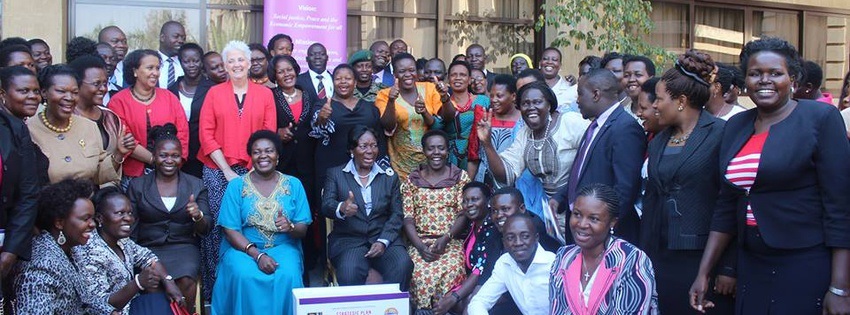
Kampala, Uganda | THE INDEPENDENT | The Uganda Women Parliamentary Association (UWOPA) is planning to review its strategy on gender-related bills.
Some of the bills include the succession bill, the sexual offences bill, the marriage and divorce bill and Employment amendment bill among others.
The succession bill among other things seeks eliminate discrimination regarding customary heirs and heiresses and to protect principal residential property of the surviving spouse. The sexual offences bill meanwhile seeks to enact specific law on sexual offences, provide for the protection of victims.
The marriage and divorce bill seeks to reform and consolidate the law relating to marriage, separation and divorce; to provide for the types of recognized marriages in the country and marital rights and duties.
UWOPA says following the delays in passing the bills, more discussions and reviews of the bills is required.
Mary Lamunu Harriet, the Program coordinator UWOPA says several people rejected the bills because the think they will affect the family, religious and cultural institutions.
“The major thing about the bills is more discussions and reviews on the bills because as it stands now many people don’t understand the bills and resist it without even reading it,”Lamunu says.
According to Lamunu, there are contentious clauses in the bills which are at the centre like the issue of consent in the process of sexual intercourse in the sexual offences bill, but also other clauses in other bills like the succession bill, which legislates on how to share property, yet other religions like Muslims say the Quaran has guidelines.
Lamunu says they are revisiting their strategy towards this bill, working especially with Members of Parliament to understand the bill, but also repackaging it.
Kenneth Luboga, the MP Bulamogi County and a member of UWOPA says many people rejected the bill because they were misinformed. He says the bills need to be clearly presented to the people and properly explained.
Unlike many bills that are easily passed by Parliament, many of the Gender-related bills have dragged on.
The sexual offences bill 20115 was withdrawn following guidance from the Deputy of Parliament, Jacob Oulanyah that some of the proposals in the bill would change the proposed legislation completely.
For Marriage and Divorce Bill, government asked for more time to carry out consultations before Parliament can consider it.
Following controversies like in the case of cohabitation and property rights, the Minister of Justice and Constitutional Affairs, Kahinda Otafire, asked the Law Reform Commission to review the bill and remove all controversial clauses.
*****
URN
 The Independent Uganda: You get the Truth we Pay the Price
The Independent Uganda: You get the Truth we Pay the Price





